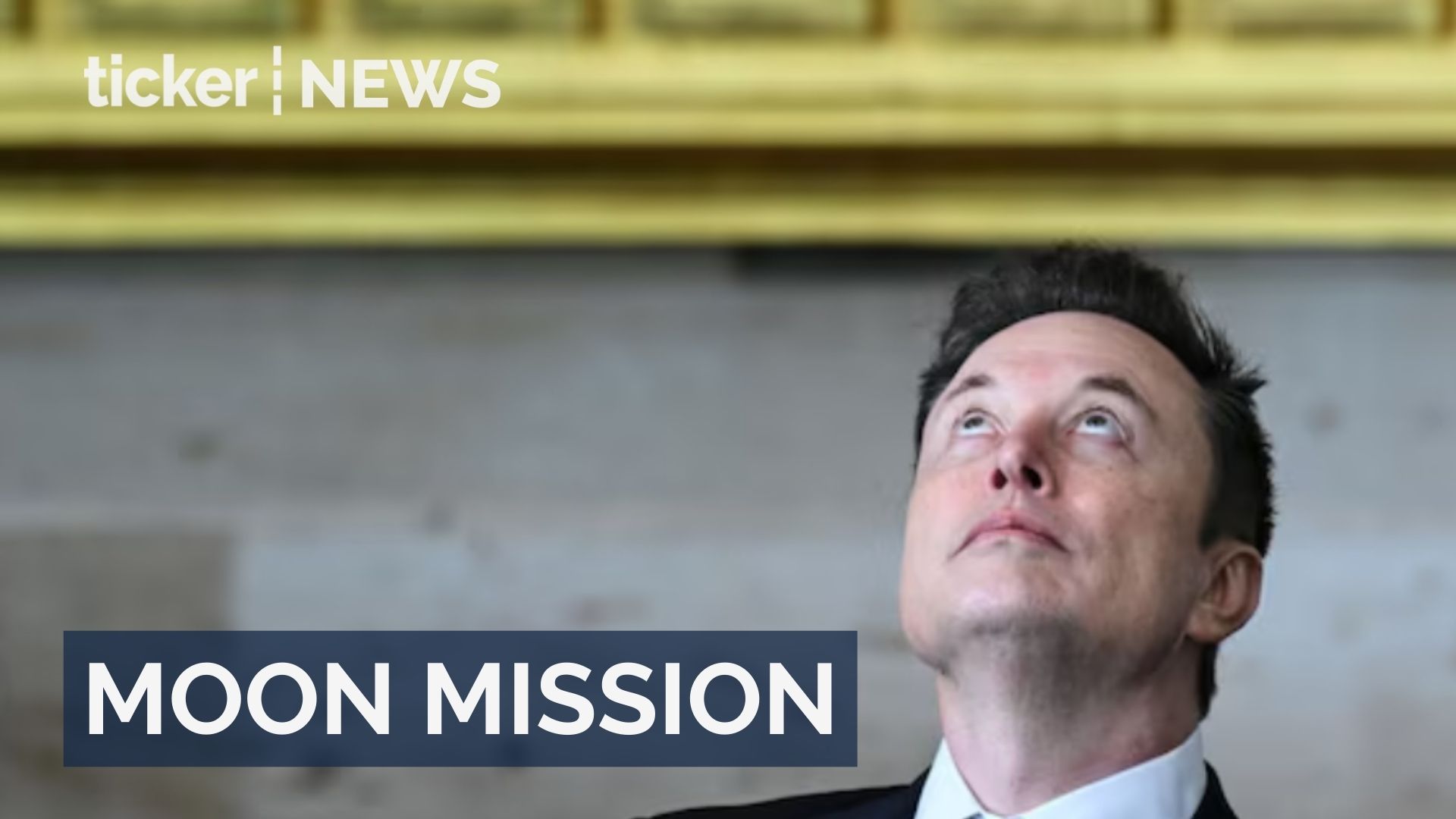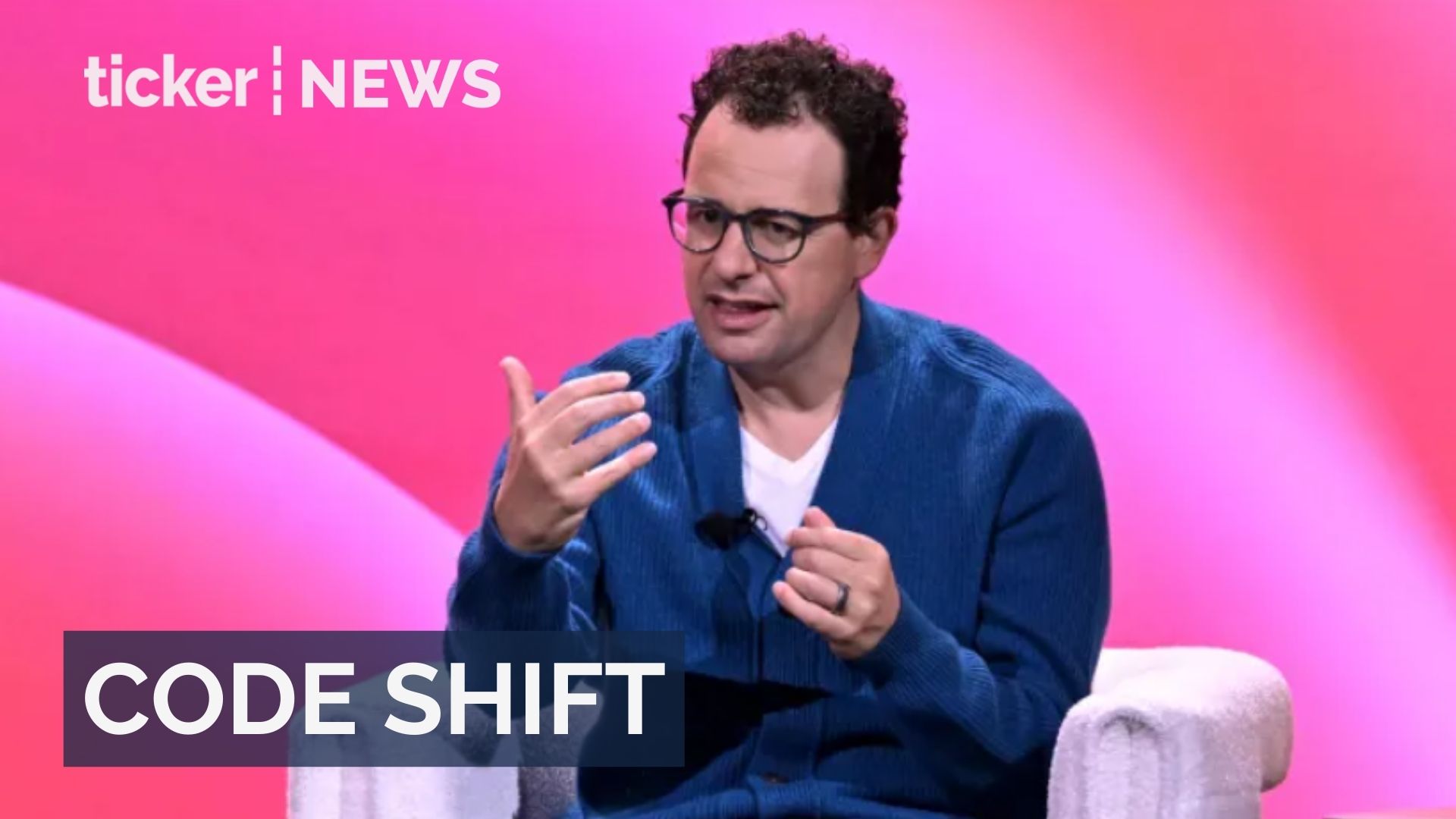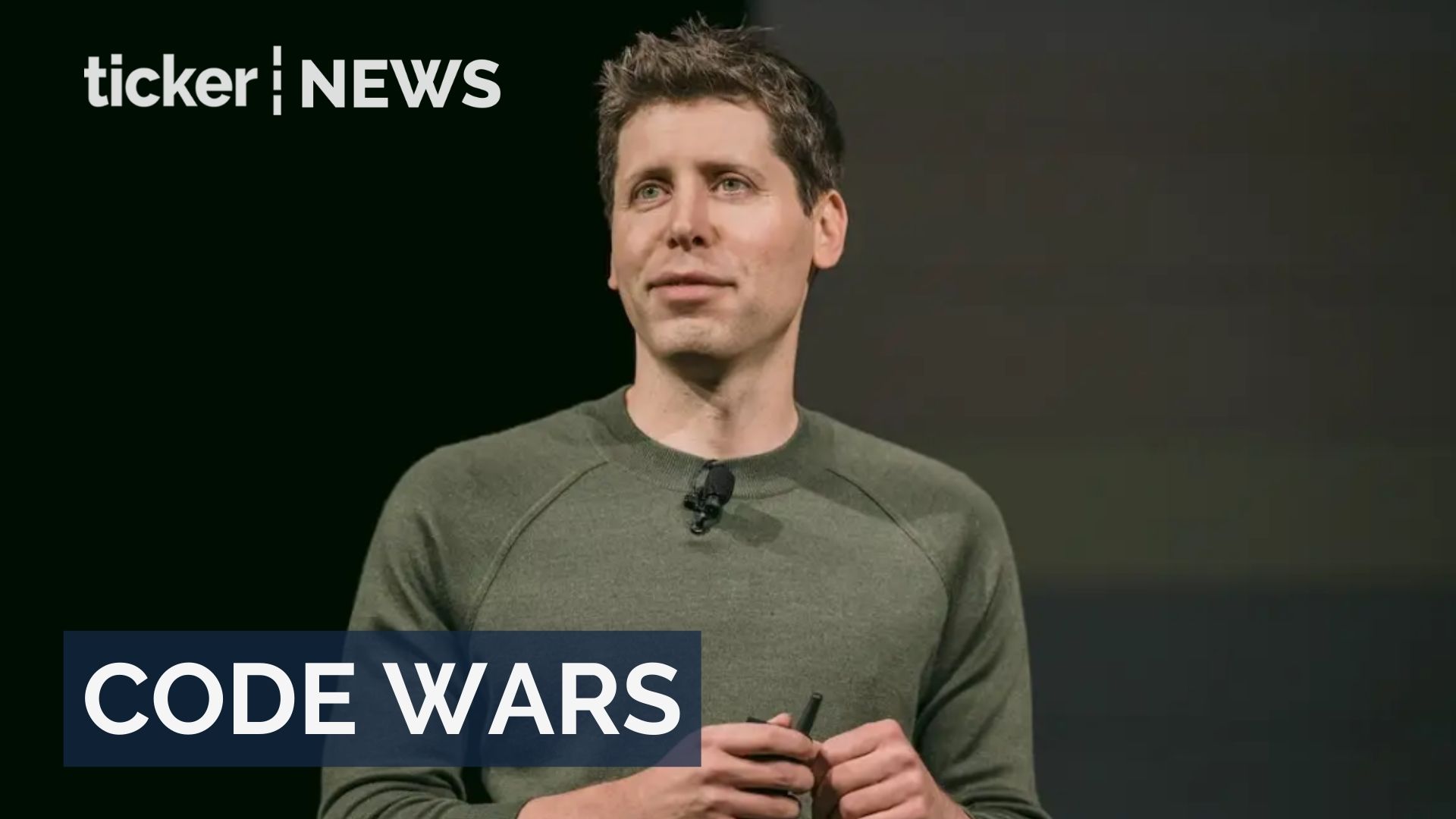Tech
New York City’s public transit computers hacked
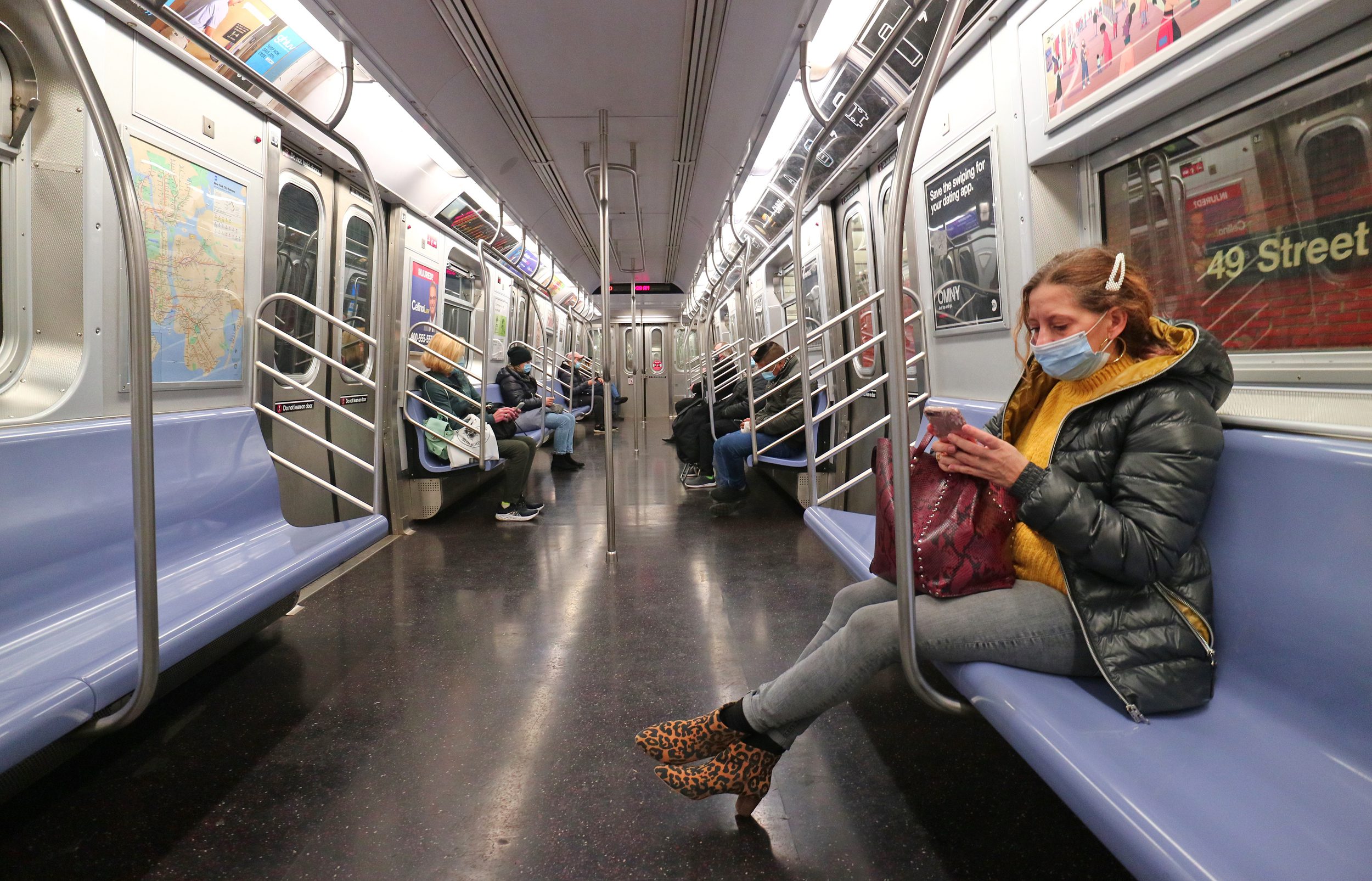
Tech
SpaceX shifts focus to Moon with ambitious Lunar City plans
Elon Musk shifts SpaceX focus from Mars to a 2027 Moon landing, merging with xAI for AI satellite networks.
Tech
Claude AI is transforming software engineering and productivity
Anthropic’s Claude AI now manages coding tasks, boosting productivity by 50% as engineers shift to oversight roles.
Tech
OpenAI and Anthropic launch faster, smarter AI tools for enterprise coding
OpenAI and Anthropic launch advanced coding models, revolutionizing enterprise software development and intensifying the AI tooling competition.
-



 News4 days ago
News4 days agoU.S. ramps up Cuba aid as energy crisis deepens
-



 Tech5 days ago
Tech5 days agoOpenAI and Anthropic launch faster, smarter AI tools for enterprise coding
-



 News5 days ago
News5 days agoSpaceX expands Starlink with phone plans and satellite tracking ambitions
-



 Ticker Views5 days ago
Ticker Views5 days agoRebuilding Gaza: Lessons from the Phoenix Plan
-



 Ticker Views2 days ago
Ticker Views2 days agoIsraeli President Herzog visits Australia amid rising antisemitism
-

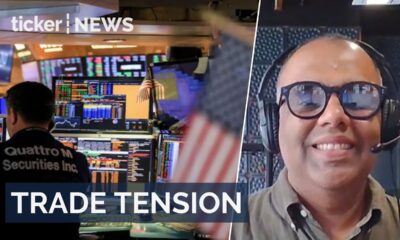

 Money5 days ago
Money5 days agoU.S. markets mixed as tech slumps and Fed moves spark uncertainty
-

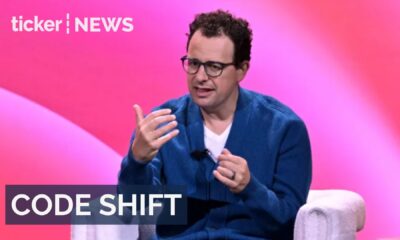

 Tech2 days ago
Tech2 days agoClaude AI is transforming software engineering and productivity
-

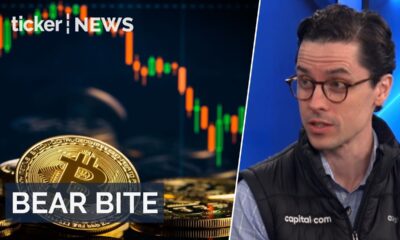

 Money5 days ago
Money5 days agoTech stocks and Bitcoin tumble amid market uncertainty and rising job concerns



